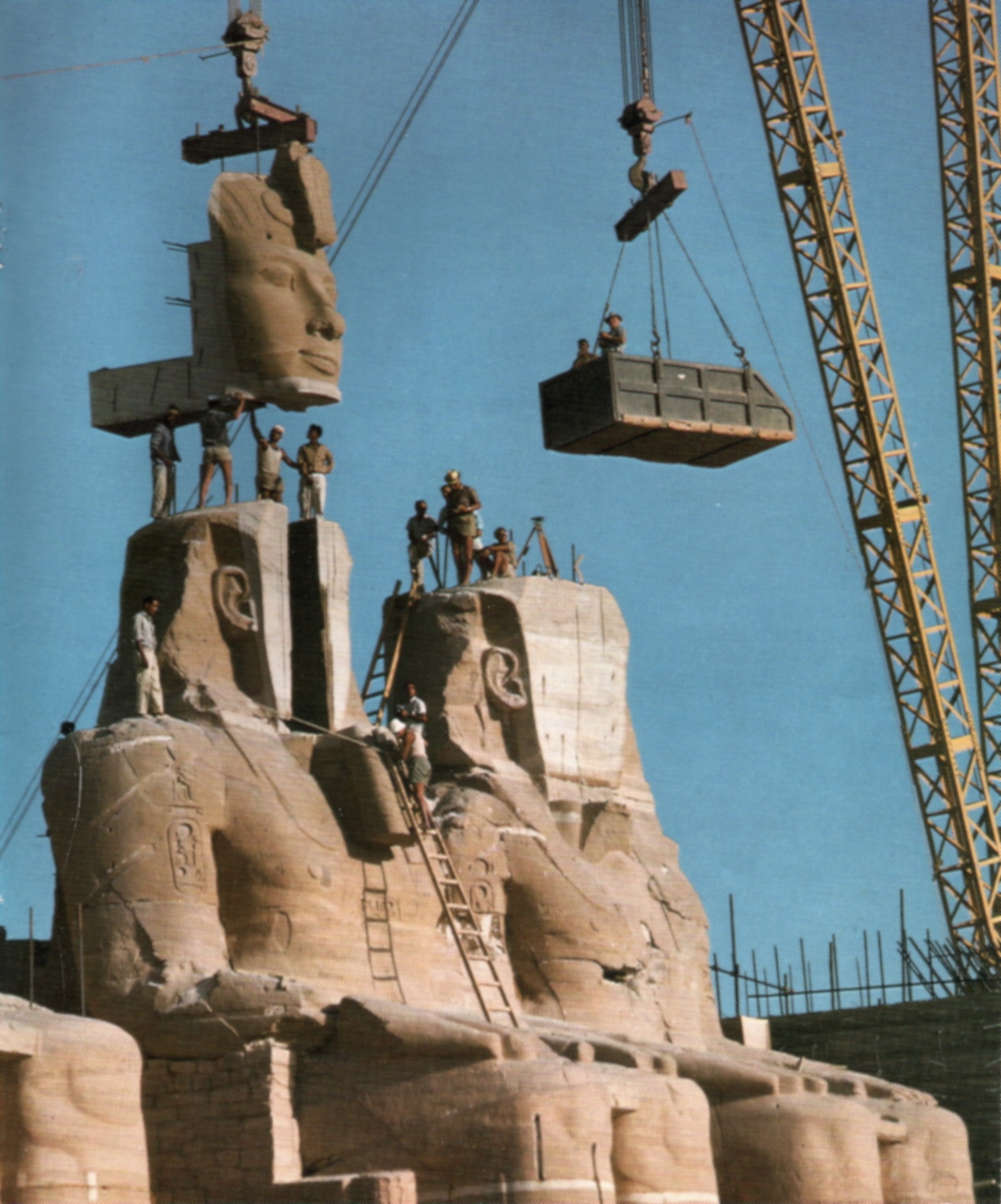Post -by Gautam Shah
.
.
A project is a unique endeavour undertaken
- to form a concept
- to create a product
- to render a service
A project could be ‘an idea or concept taking shape in mind, or being
readied for an outward expression’, ‘a strategy to actualize an idea’, ‘way
to recollect a happening’, ‘estimate the scale of an event’, ‘reproduce an
experience’ or ‘a search for a match or fit’.
 |
| Mid-sea platform for oil drilling |
Project management is unique in character and distinct from other more
traditional, routine and bureaucratic means. ‘Projects emerge out of
circumstances -aided by all kinds of debate and analysis, by managerial
or political policy decisions, -as unique ways of addressing social,
business and organizational issues, within increasingly complex
environments’.
 |
| Herculean task of debris clearing at WTC NY |
A project represents unique mix of various conditions so it is a first-ever
effort. The effort at sub level involves some degree of repetitions or
known conditions. This is very different from processes or operations, e.g.
industrial, that are ongoing and do the same thing repeatedly. Even in
such situations one can improvise by treating them as unique.
Projects are predominantly either Technical or Procedural, but not
exclusively one or the other. Interior Design is an example of the former,
whereas marketing or the training of personnel would be an example of
the later. In project management what is unfamiliar and non routine,
invariably necessitates all kinds of learning, adaptation as well as problem
solving, and technical projects need more of it.
 |
| Conservation of Historic buildings |
Projects have four parameters, Scope (defined space), Time, Cost and
Quality (concerns). A small variation in one of these, affects all other
factors. Projects are so Scope or extent dependent that an increase or
decrease in size affects its time schedules, changes the cost and affects
the quality concerns. A Time dependent project when delayed impacts
the benefits or losses out of it. A project hastened may require greater or
uneconomic inputs and may remain idle till other connected systems are
complete. Though with early or accelerated execution, extensive benefits
could be derived. Cost generally determines the extent of a project in the
early stage, but costs are extremely variable and can change the
perception of extent. Quality parameters are worst affected when
conditions are abnormal and survival of an individual or the society is
threatened, such as during war, natural calamities, catastrophes etc. Best
and most challenging projects’ management methods have emerged in
such acute conditions.
 |
| Shifting of Abu Simbel from Nile dam site |
Critical Projects: Projects become critical when one or many of the four
factors impact. So projects are hypothetically made critical by focusing
or de-focusing on one or few of the aspects. A project in critical mode
reveals its weak points or inferior sections. A project is considered as
weak as its most inferior section, but the project achieves a strength
equivalent to the average strengths of all its sections. Project
management systems entail recognition of dependencies of the four
aspects as risks and provide means for dealing (risk management) with
them.
.




No comments:
Post a Comment